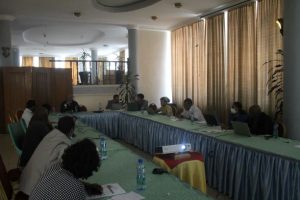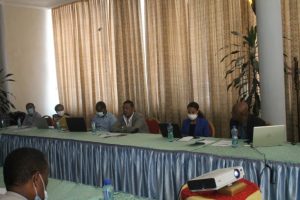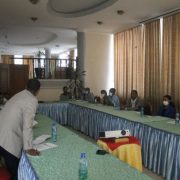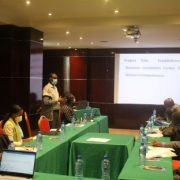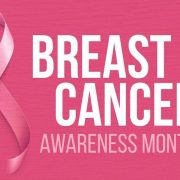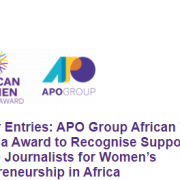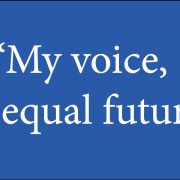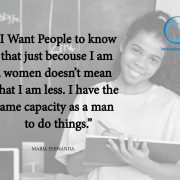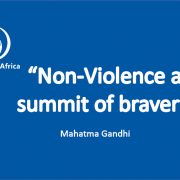1. Get to and stay at a healthy weight.
Being overweight or obese increases breast cancer risk, especially after menopause. Gaining weight as an adult adds to your risk.
After menopause, most of your estrogen comes from fat tissue. Having more fat tissue increases the amount of estrogen your body makes, raising your risk of breast cancer. Also, women who are overweight tend to have higher levels of insulin. Higher insulin levels have also been linked to breast cancer.
If you’re already at a healthy weight, stay there. If you’re carrying extra pounds, try to lose some. There’s some evidence that losing weight may lower breast cancer risk. Losing even a small amount of weight can also have other health benefits and is a good place to start.
2. Be physically active and avoid time spent sitting.
Many studies have found that regular physical activity reduces breast cancer risk .
recommend getting at least 150-300 minutes of moderate intensity or 75-150 minutes of vigorous intensity activity each week. Getting to or exceeding 300 minutes is ideal. You can learn more about getting active in Fitting in fitness.
In addition, you should limit sedentary behavior such as sitting, lying down, watching TV, and other forms of screen-based entertainment. This is especially important if you spend most of your working day sitting.
3. Follow a healthy eating pattern.
A healthy eating pattern includes a variety of vegetables, fiber-rich legumes (beans and peas), fruits in a variety of colors, and whole grains. It is best to avoid or limit red and processed meats, sugar-sweetened beverages, highly processed foods and refined grain products. This will provide you with key nutrients in amounts that help you get to and stay at a healthy weight.
4. It is best not to drink alcohol.
Research has shown that drinking any alcohol increases the risk of breast cancer. If you choose to drink alcohol, the American Cancer Society recommends that women have no more than 1 alcohol drink on any given day. A drink is 12 ounces of regular beer, 5 ounces of wine, or 1.5 ounces of hard liquor.
5. Think carefully about using hormone replacement therapy (HRT).
Studies show that HRT using a combination of estrogen and progestin increases the risk of breast cancer. This combination can also lead to increased breast density making it harder to find breast cancer on mammogram. The good news is that within 3 years of stopping the hormones the risk returns to that of a woman who has not used HRT.
For women who have had a hysterectomy, taking HRT that only includes estrogen may be a better option. Estrogen alone does not increase breast cancer risk. However, women who still have a uterus are at increased risk of endometrial cancer from estrogen only HRT.
Talk with your doctor about all the options to control your menopause symptoms, including the risks and benefits of each. If you decide to try HRT, it is best to use it at the lowest dose that works for you and for as short a time as possible
Source American cancer society
